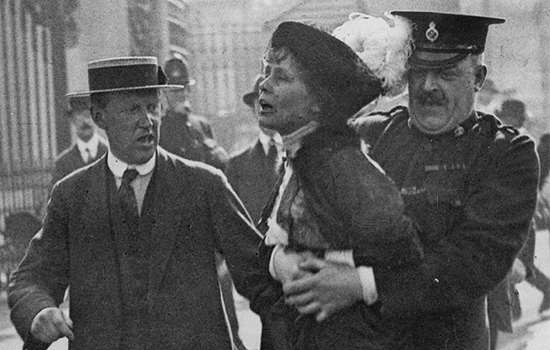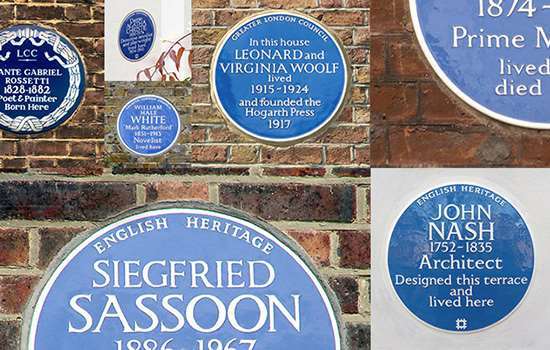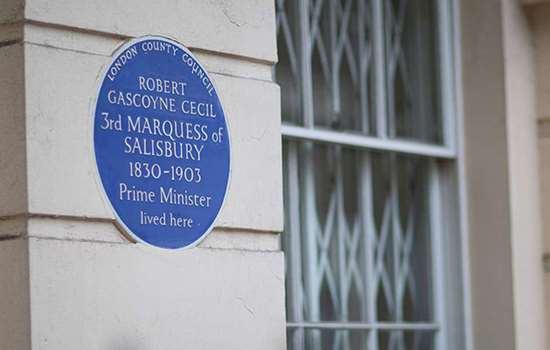SACKVILLE-WEST, Vita (1892-1962) & NICOLSON, Harold (1886-1968)
Plaque erected in 1993 by English Heritage at 182 Ebury Street, Belgravia, London, SW1W 8UP, City of Westminster
All images © English Heritage
Profession
Writers and Gardeners
Category
Gardening, Literature, Politics and Administration
Inscription
HAROLD NICOLSON 1886-1968 VITA SACKVILLE-WEST 1892-1962 Writers and Gardeners lived here
Material
Ceramic
The married couple Harold Nicolson and Vita Sackville-West were both respected writers and laid the foundation for their literary careers while living at number 182 Ebury Street in Belgravia, where their blue plaque can now be found.
LITERARY CAREERS
Nicolson and Sackville-West moved in 182 Ebury Street in 1914 after the architect Edwin Lutyens combined numbers 180 and 182 into one house. The house belonged to Vita's mother, Victoria, Lady Sackville (1862-1936). It was here – and at their country retreat, Long Barn, Kent – that both husband and wife laid the foundations of their literary careers: Harold with Paul Verlaine (1921) – the first of his six literary biographies – and Vita with her first novel, Heritage (1919), and the poem The Land (1926). ‘I became quite sociable’, Vita later recalled, and reckoned this time ‘the only period in my life when I achieved anything like popularity’.
AFFAIRS, GARDENS AND GHOSTS
Following the First World War, their marriage nearly foundered on the rock of Vita’s infatuation for fellow writer Violet Trefusis. In 1922 Virginia Woolf first dined at Ebury Street, beginning her long intimacy with Vita. Harold likewise strayed into homosexual affairs, but by the time the couple ceased their intermittent residence at Ebury Street in 1927 their relationship had turned to one of affectionate companionship, the fruits of which would be the creation of one of the most influential gardens of the 20th century at Sissinghurst Castle, Kent, their home from 1930.
Harold, who had a later career in politics, described Ebury Street as being ‘rather stern and prim and quiet’, though his wife thought it was haunted, having once felt ‘a warm feminine hand close gently over her own as it rested on the bannister rail’. Lutyens’s garden dining room and other additions were destroyed by bombing in 1941, and the two houses are now separated once more. The couple’s son, the writer Nigel Nicolson (1917–2004), who was born here, unveiled the English Heritage plaque in 1993.


